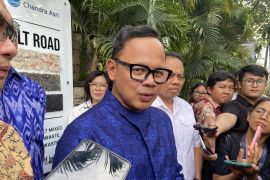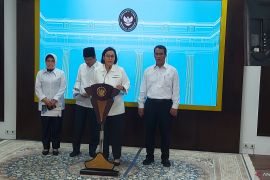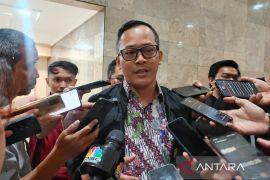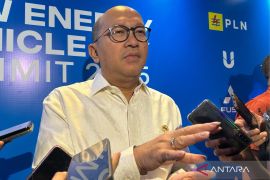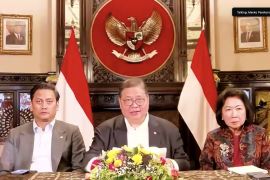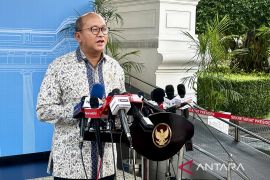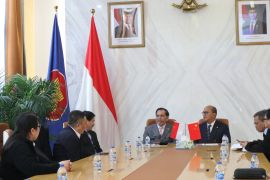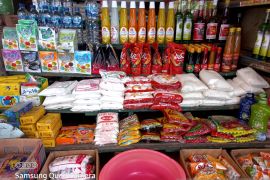"Incentives like tax allowances or a tax holiday will be granted if necessary to industries, especially in the manufacturing sector, which uses imported raw materials for its finished products," Chief Economic Minister Hatta Rajasa said.Jakarta (ANTARA News) - Companies that can help reduce the trade deficit by cutting down on their imports of raw materials will be offered incentives by the Indonesian government, Chief Economic Minister Hatta Rajasa said on Wednesday.
He added that the government plans to give tax allowances to industries which trim down their imports.
"Incentives like tax allowances or a tax holiday will be granted if necessary to industries, especially in the manufacturing sector, which uses imported raw materials for its finished products," he said.
Rajasa said that import orders of all manufacturing companies operating in Indonesia will be monitored. He added that the Indonesian economy has already been hurt by the use of raw materials imported from China, by a lot of information and communication technology companies operating in Indonesia.
"We cannot let the manufacturing industry import all their raw and supporting materials," he said.
He added that new foreign investors will be asked to control raw material imports, so that the trade deficit does not widen.
"Unless it is checked, an increase in foreign investment will boost imports of raw components and disrupt the balance of trade, thereby causing a deficit," Rajasa said.
He also called upon the Investment Coordinating Board (BKPM) to make sure that foreign investors doing business in Indonesia use locally sourced raw materials.
"New investments in Indonesia should not be allowed to boost imports of raw materials. We should choose a manufacturing style that uses local raw materials," he said.
Indonesia`s economy grew by 6.4 percent in the second quarter, which had a cumulative effect on the 6.3 percent growth rate of the first semester, equivalent to the growth rate in the same period a year ago.
Household spending at 53.5 percent still dominates the structure of expenditure, followed by gross fixed capital formation expenditure at 32.9 percent, government spending at 9.0 percent and costs related to exports at 24.3 percent and for imports at 26.6 percent.
The three sectors that recorded the highest growth of 5.3 percent include trade, hotels and restaurants, while the electricity, gas, water and construction sectors grew by 4.4 percent.(*)
Editor: Heru Purwanto
Copyright © ANTARA 2012
